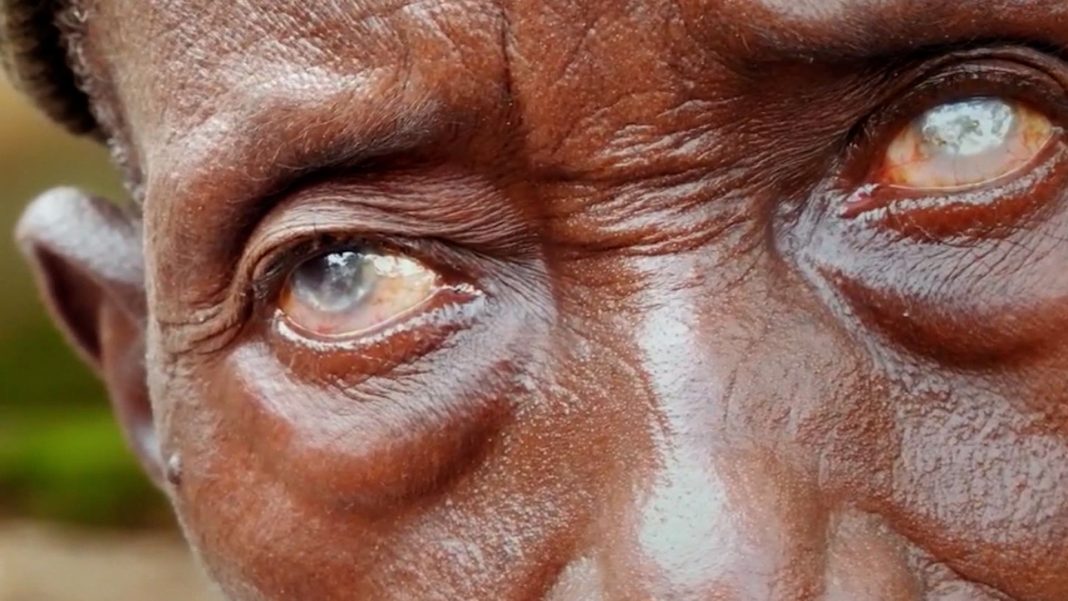Niger has achieved a significant health milestone by becoming the first African country to eradicate Onchocerciasis, also known as River Blindness. This historic achievement was announced by Niger’s Minister of Public Health, Population, and Social Affairs, Garba Hacimi, during a ceremony. With this announcement, Niger has freed its citizens from this deadly and blindness-inducing disease. This achievement comes at a time when the World Health Organization (WHO) has praised Niger for its monumental efforts.
In This Article:
Niger’s Health Journey: 15 Years of Struggle
During the ceremony, Garba Hacimi reflected on the tireless efforts made over the last 15 years, which have provided the scientific evidence needed to eliminate this deadly disease from Niger. Hacimi expressed gratitude for all the efforts made in combating the disease. WHO’s Resident Representative, Casimir Manengu, praised Niger’s commitment and leadership, which made this remarkable achievement possible. WHO Director-General Tedros Adhanom Ghebreyesus also congratulated Niger, calling it a major accomplishment that will inspire not only Niger but also other African nations and the world.
Onchocerciasis: What Is This Disease?
Onchocerciasis, or River Blindness, is a parasitic disease transmitted by the bites of black flies, which primarily affect people living along riverbanks. This disease is the second leading cause of blindness globally, particularly prevalent in sub-Saharan Africa and Yemen. In Niger, the disease once mainly affected populations living near certain watercourses. It is extremely painful and disabling, causing not only physical but also social and mental suffering.
WHO’s Support and International Recognition
The World Health Organization has highly praised Niger’s efforts and congratulated the country on this historic achievement. WHO Director-General Tedros Adhanom Ghebreyesus acknowledged Niger’s dedication to improving its citizens’ health and eliminating the disease. He described it as a major success in the fight against neglected tropical diseases. This success has proven to the world that the elimination of such diseases is possible, offering hope to countries still battling these diseases.
Niger’s Health Policies and Impact
Among the key measures taken to eliminate Onchocerciasis in Niger was participation in the Onchocerciasis Control Programme (OCP) launched by WHO between 1976 and 1989. Under this program, Niger implemented pesticide spraying and vector control measures that significantly curtailed the spread of the disease. Later, Niger began regular distribution of medications for treatment and prevention, which ultimately played a vital role in the disease’s eradication.
Inspiration for Other Countries
Niger’s success serves as an inspiration to other African countries still grappling with diseases like Onchocerciasis. It proves that with the right measures and global cooperation, the elimination of neglected tropical diseases is achievable. The commitment of both WHO and the Niger government has been crucial in making this campaign successful.
Niger’s step forward not only brings significant relief to its citizens but also signals new hope in the field of public health across the African continent and the world. Other countries can now follow in Niger’s footsteps, bringing hope that more nations will be freed from these deadly diseases in the future.
Niger’s achievement in eradicating Onchocerciasis is not just a victory for the country but a beacon of hope for the global community in the fight against neglected tropical diseases. This success proves that with determination, international support, and scientific advancements, even the most difficult diseases can be eliminated, bringing health and prosperity to communities worldwide.



